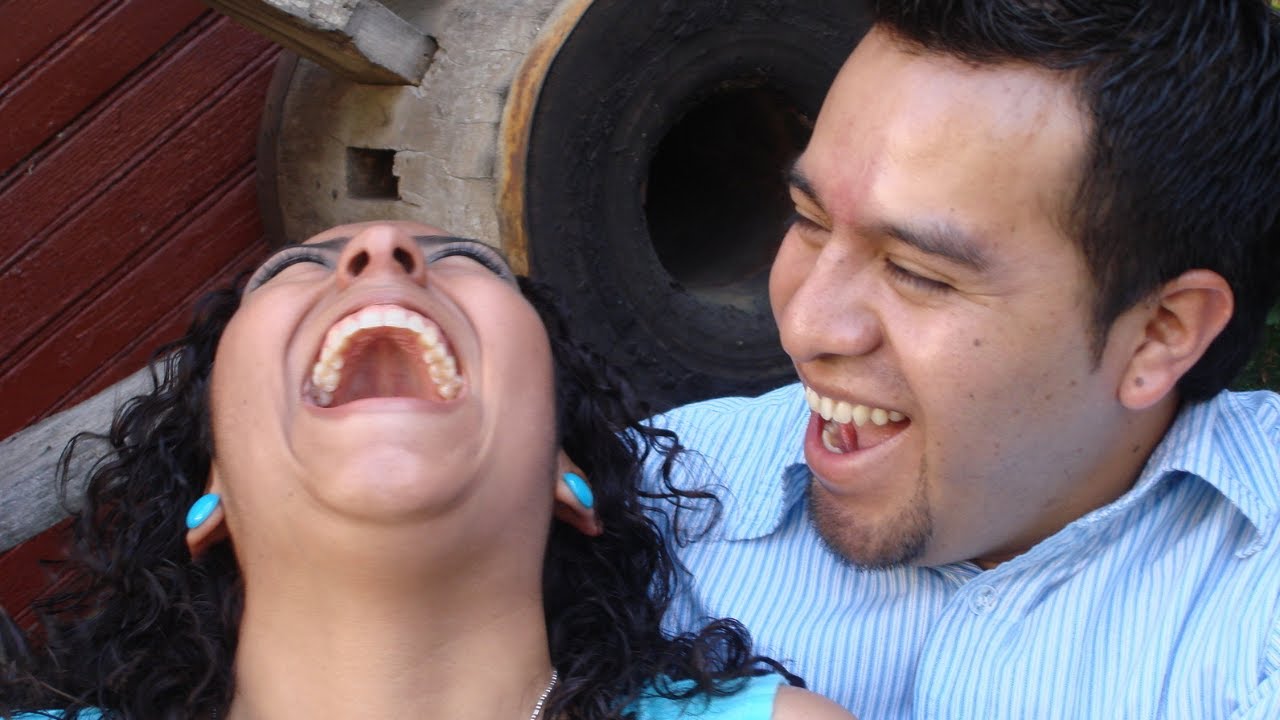
Africans shocked mathematically impossible for ADOS FBA to be African! +African Actors FAIL in USA
Africans shocked mathematically impossible for ADOS FBA to be African! +African Actors FAIL in USA
#ados #fba #freedman #America
source
Reviews
0 %











❤
Burna boy is cornie and wack
Africans and Caribbeans can't stand by themselves on stages and in videos. Africans and Caribbeans Need famous and wealthy Black American celebrities to survive 😅.
He needs a Black American woman on stage with him so he don't look bad, just like Fat Joe, Busta Rhymes and Angie Rodriguez. That's how Africans and Caribbeans get famous off Black Americans music and Black American rappers & R&B. See Black American rappers and R&B are making Africans and Caribbeans famous by in their videos and on stages.
“Eight Y chromosome specific short tandem repeats (YSTRs): DYS388, DYS389a, DYS389b, DYS390, DYS391, DYS392, DYS393, and DYS394 and one diallelic marker, DYS287 (Y Alu polymorphism) were typed in all samples. YAP is an ALU insertion on the non-recombining portion of the Y chromosome and is known to occur in high frequencies within African populations (haplogroup E) and rare in non-African populations [43]. Genotyping was completed using GeneScan on an ABI 377 DNA Sequencer. One Y-chromosome specific single nucleotide polymorphism (SNP), M89 C/T, was typed using Pyrosequencing methodology on the automated Pyrosequencing instrument, PSQ96. The ancestral M89 C allele is useful for distinguishing African paternal lineages which do not possess the YAP insertion (haplogroups A and B) from the non-African specific lineages (haplogroups C, D, F-T). While the C allele is at fixation within many African populations, the frequency of this allele varies considerably across the continent [44]. All primers, PCR conditions, and related methodology used in this study are available in Table S1.”
(Y Chromosome Lineages in Men of West African Descent
Jada Benn Torres, Menahem B. Doura, Shomarka O. Y. Keita, Rick A. Kittles)
“The inheritance of genetic disease depends on ancestry that must be considered when interpreting genetic association studies and can provide insights when comparing traits in a population. We compared the genetic profiles of African Americans with sickle cell disease to those of Black Africans and Caucasian populations of European descent and found that they are less genetically admixed than other African Americans and have an ancestry similar to Yorubans, Mandenkas and Bantu”
(Ancestry of African Americans with sickle cell disease
Nadia Solovieff et al. Blood Cells Mol Dis.)
“Chronic kidney disease affects 26 million U.S. adults. People of African ancestry (self-identifying as Black, African American, African, Afro- Caribbean, Afro- Latino) with hypertension have two to three- fold increased risk of developing chronic kidney disease and five- fold risk of progressing to end- stage renal disease than Whites.1–3 Hypertension and chronic kidney disease increase the risk for cardiovascular disease, and blood pressure control can reduce this risk. Multiple social determinants increase renal and cardiovascular risks, morbidity, and mortality in people with African ancestry, including lower- quality health care, lack of insurance, and residing in a poor neighborhood.”
(J Health Care Poor Underserved, Race, Genomics and Chronic Disease: What Patients with African Ancestry Have to Say)
"The study found that white blood cell counts may be low due to a rs2814778-CC variant in the promoter of the atypical chemokine receptor 1-coding gene ACKR1. While this variant is relatively uncommon in individuals of European ancestry, it appears to be found in more than 60 percent of African Americans and is found at especially high frequency in some populations from sub-Saharan Africa.”
(Genomeweb)
“Thirteen of the 18 haplogroups previously observed in African populations were observed in the African American populations: L1a, L1b, L1c, L2a, L2b, L2c, L3b, L3d, L3e1, L3e2, L3e3, L3e4, and L3f”
(Derek C. Johnson et al., Mitochondrial DNA. 2015 Jun; 26(3): 445–451. , Mitochondrial DNA diversity in the African American population)
"According to the study, having mainly African genetic ancestry can reduce a person's chances of finding a donor by up to 60%, and having African copies of HLA genes, which must be compatible with the donor's to make a transplant possible, can reduce them by 75%."
[..]
According to Meyer, the team cannot yet answer the question regarding the degree to which admixture and the percentage of African ancestry hinder a match. "These two things are a little different. What we know is that on average people with African HLA genes tend to have more difficulty than people with European ancestry," he said. "It remains to be seen if there are combinations of European and African chromosomes that can also reduce the probability of a match.”
(Source: News-Medical)
"The study found that white blood cell counts may be low due to a rs2814778-CC variant in the promoter of the atypical chemokine receptor 1-coding gene ACKR1. While this variant is relatively uncommon in individuals of European ancestry, it appears to be found in more than 60 percent of African Americans and is found at especially high frequency in some populations from sub-Saharan Africa.””
(Genomeweb)
“Thirteen of the 18 haplogroups previously observed in African populations were observed in the African American populations: L1a, L1b, L1c, L2a, L2b, L2c, L3b, L3d, L3e1, L3e2, L3e3, L3e4, and L3f”
(Derek C. Johnson et al., Mitochondrial DNA. 2015 Jun; 26(3): 445–451. , Mitochondrial DNA diversity in the African American population)
BSIA thank you for bringing the truth!!!
The original inventor of Afrobeat Fela Kute, and his band represented more African culture in dress and style than the fake afrobeats of today 😅
🔥🔥🔥